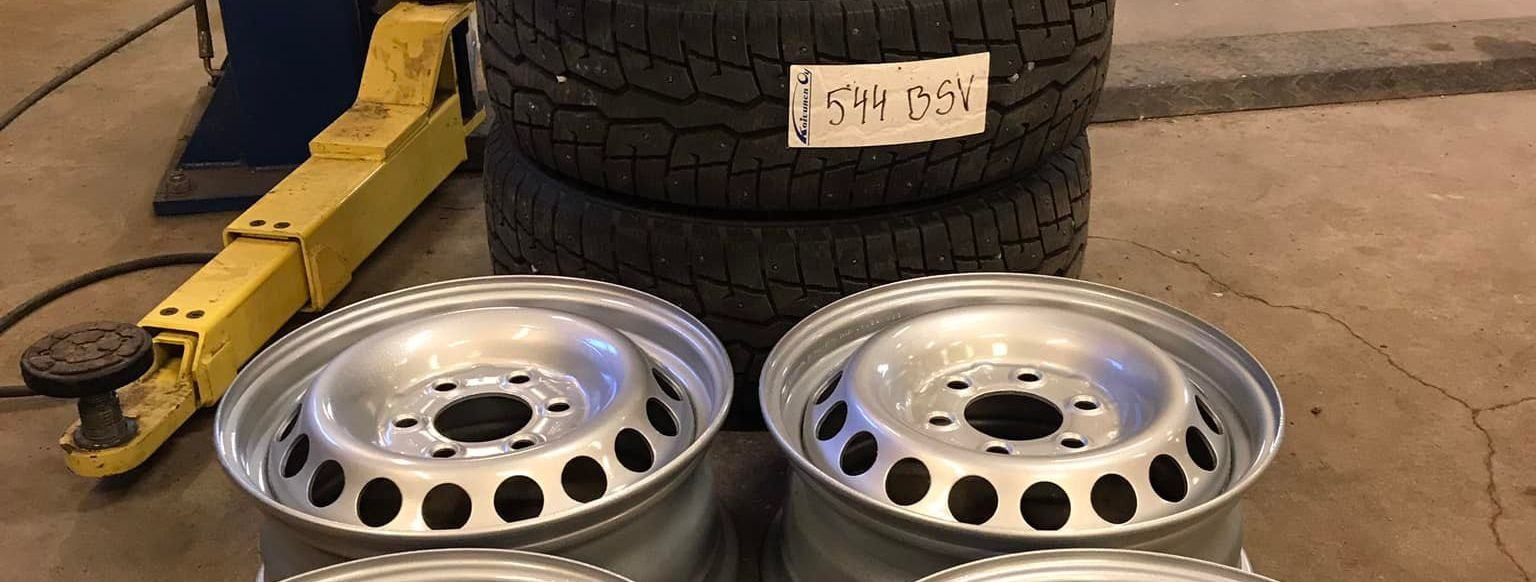The importance of regular wheel balancing
Wheel balancing is a critical maintenance procedure that ensures the weight of the wheel and tire is evenly distributed around the axle. This process is essential for maintaining the smooth operation of a vehicle, preventing vibrations, and ensuring optimal tire wear.
During wheel balancing, a technician uses specialized equipment to measure the imbalance in the wheel and tire assembly. Weights are then added to the wheel to counteract any imbalances, ensuring that the wheel rotates evenly.
2. Signs Your Wheels Need Balancing
One of the most common signs of unbalanced wheels is a noticeable vibration in the steering wheel, especially at higher speeds. This can lead to discomfort and reduced control over the vehicle.
Unbalanced wheels can cause tires to wear unevenly, leading to premature tire replacement and increased costs. Regular balancing helps distribute the wear evenly across the tire surface.
When wheels are unbalanced, the engine has to work harder to maintain speed, resulting in decreased fuel efficiency. Balancing your wheels can help improve your vehicle's fuel economy.
3. Benefits of Regular Wheel Balancing
Balanced wheels contribute to a smoother ride and better handling, allowing for more precise steering and improved vehicle performance.
By ensuring even tire wear, regular wheel balancing extends the life of your tires, saving you money in the long run.
With balanced wheels, your vehicle operates more efficiently, leading to better fuel consumption and reduced environmental impact.
Balanced wheels reduce vibrations and noise, providing a more comfortable and enjoyable driving experience.
4. The Wheel Balancing Process
Wheel balancing requires specialized equipment such as a wheel balancer, which measures the imbalance and helps technicians apply the correct weights to the wheel.
The process begins with removing the wheel from the vehicle and mounting it on the balancer. The machine then spins the wheel to detect imbalances, and technicians apply weights to correct any discrepancies.
5. How Often Should You Balance Your Wheels?
Most vehicle manufacturers recommend balancing your wheels every 5,000 to 6,000 miles or whenever you notice signs of imbalance.
Factors such as road conditions, driving habits, and vehicle type can influence how often you should balance your wheels. Regular checks are advisable to ensure optimal performance.
6. Choosing the Right Service Provider
Choosing a service provider with expertise in wheel balancing is crucial for ensuring the job is done correctly and efficiently.
Look for a provider with a good reputation, experienced technicians, and modern equipment to ensure the best results for your vehicle.






Comments (0)